Mushrooms
Mushrooms are essentially fungi. The majority of the mushroom is non-digestible carbohydrate (polysaccharide) making them a great fibre food that will fill you up but won’t put the weight on. Magnificent mushrooms have a broad spectrum of action and qualify as a prebiotic.
In their action on the colon cells, they promote production of short chain fatty acids, which in turn feeds colon cells to help keep the gut impermeable to harmful substances. Looked at from another angle, they prevent ‘leaky gut’ from happening.
The list of bioactive components found in mushrooms is vast and includes:
- Triterpenes and phenols which have anti-oxidant properties and therefore mop up free radicals.
- Sterols, which are a subgroup of steroids and have a natural anti-inflammatory action in the body.
Mushrooms have a major anti-inflammatory action in the body. You’ll remember that low grade chronic inflammation is one of the main causes of most chronic diseases such as:
- Heart disease
- Strokes
- Obesity
- Type 2 diabetes
- Arthritis
- High cholesterol
Mushroom polysaccharides have major effects on immunity. The most well known of these being beta-glucan. Beta-glucan can be bought as an extract. These shop bought supplements are isolated from yeasts and are not as powerful as mushroom beta-glucan. Apart from that, it is more than just the beta-glucan that gives mushroom its power. For example, the mushroom Lion’s mane is reported to have at least 50 active metabolites. When we talk about ‘Immunity’ we are referring to the action of a broad range of cells and molecules.
These immune cells and related molecules have overlapping roles that cover the following activities:
- Dampening down inflammation
- Fighting infection
- Dealing with cancer cells
Therefore, when we say that mushrooms have an important role to play in regulating immunity this means that they have actions that are:
- anti-allergy
- anti-metabolic syndrome (heart disease, stroke, diabetes, high cholesterol, high blood pressure, polycystic ovaries)
- anti-infection (chronic and acute infections)
- anti-cancer (prevention and suppression)
Rather than focussing on a particular mushroom, try lots of different types of mushroom. Research shows that they have overlapping features. For example, both the simple button mushroom and the more exotic Reishi mushroom have been shown to break down biofilms (biofilms are the matrices of microbes that are resistant to being broken down by normal means such as antibiotics).
People are often concerned that as mushroom is a fungus that they should avoid them if they have a problem with Candida albicans (Thrush). This is not so. Mushrooms, because of their prebiotic action, encourage growth of beneficial microbes and discourage growth of pathogenic (bad) microbes.
It seems that everyone is low in vitamin D. Mushrooms to the rescue! Mushrooms contain a type of steroid called ergosterol which is converted to vitamin D2 with UVB light. Our grandmothers used to tell us to put mushrooms, gills up, in the sun. Now we know why! One study reported how a guy who was deficient in vitamin D, got his levels to come up by irradiating his mushrooms using a UVB lamp. He then cooked and ate the mushrooms, and after several months his levels were back to normal. What’s not to love? Eat mushrooms!
Prebiotic action of mushrooms
- Escape digestion in the stomach
- Act as food and so promote growth of our own gut microbes
- Nourish colon cells
Mushroom actions
- Anti-oxidant
- Anti-inflammatory
- Anti-tumour
Do it yourself Vitamin D2
Use a UVB (psoriasis) lamp and irradiate, gills up, for one hour then eat or dry and store for up to six months.
Conclusion
Mushrooms are cheap and easy to cook. They are wonderful prebiotics whose polysaccharides support our immune function. They are low in calories and should form part of our prebiotic regime.
- Fry them with good oil
- Add them to stews
- Dry them and whizz into a powder and use to thicken stews and soup (good disguise for kids)
